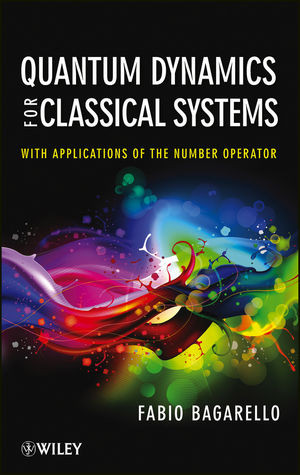

Most ebook files are in PDF format, so you can easily read them using various software such as Foxit Reader or directly on the Google Chrome browser.
Some ebook files are released by publishers in other formats such as .awz, .mobi, .epub, .fb2, etc. You may need to install specific software to read these formats on mobile/PC, such as Calibre.
Please read the tutorial at this link: https://ebookbell.com/faq
We offer FREE conversion to the popular formats you request; however, this may take some time. Therefore, right after payment, please email us, and we will try to provide the service as quickly as possible.
For some exceptional file formats or broken links (if any), please refrain from opening any disputes. Instead, email us first, and we will try to assist within a maximum of 6 hours.
EbookBell Team

0.0
0 reviewsIntroduces number operators with a focus on the relationship between quantum mechanics and social science
Mathematics is increasingly applied to classical problems in finance, biology, economics, and elsewhere. Quantum Dynamics for Classical Systems describes how quantum tools?the number operator in particular?can be used to create dynamical systems in which the variables are operator-valued functions and whose results explain the presented model. The book presents mathematical results and their applications to concrete systems and discusses the methods used, results obtained, and techniques developed for the proofs of the results.
The central ideas of number operators are illuminated while avoiding excessive technicalities that are unnecessary for understanding and learning the various mathematical applications. The presented dynamical systems address a variety of contexts and offer clear analyses and explanations of concluded results. Additional features in Quantum Dynamics for Classical Systems include:
Quantum Dynamics for Classical Systems is an ideal reference for researchers, professionals, and academics in applied mathematics, economics, physics, biology, and sociology. The book is also excellent for courses in dynamical systems, quantum mechanics, and mathematical models.
Content: